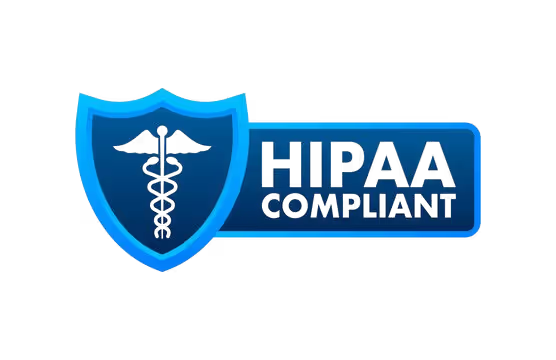The cloud-based Lido services are operated on a multitenant architecture at both the platform and infrastructure layers that is designed to segregate and restrict access to any applications, workflows or processes you and your users build using the Lido services (each, a “Custom App” or spreadsheet). This infrastructure is provided and hosted by the Google Could Platform, by Google (“GCP”). Information about security provided by GCP is available from the
Google Cloud Platform website. Information about security and privacy-related audits and certifications received by GCP, including information on SOC reports, is available from the
GCP Compliance website.

